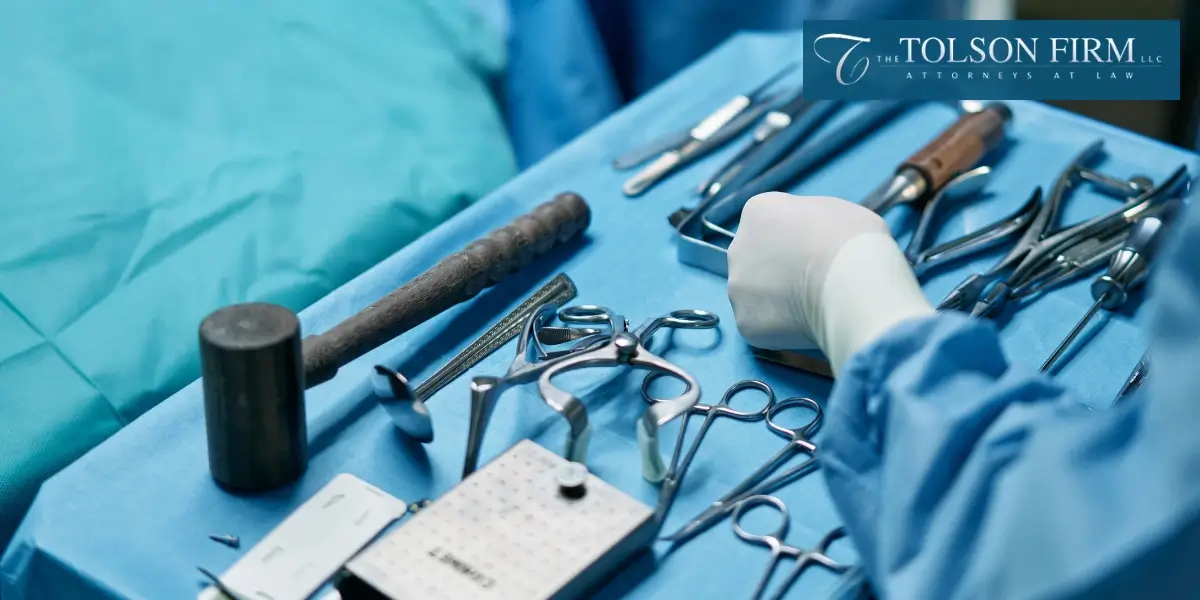Atlanta Contaminated Medical Instrument Lawyer
Atlanta Contaminated Medical Instrument Attorney
The successful medical institution holds high standards when maintaining the hygiene and sterility of its premises, equipment and instruments. To do otherwise jeopardizes the health and wellbeing of the patients who have placed their trust in that institution.
If you or a loved one has suffered from contaminated instruments, an Atlanta medical malpractice attorney from The Tolson Firm, LLC should be consulted. Post-operative infections and complications after procedures often are the result of contaminated instruments used by doctors, dentists and medical practitioners. When this happens, there is legal recourse that can be taken.

Infected by Contaminated Medical Instruments?
Filing a Claim for Contaminated Medical Instruments
Contaminated instruments are often the cause behind patients developing serious infections in hospitals. In today’s world, it is simply unacceptable for such conditions to be allowed. They pose serious health risks to all who place their trust in the medical personnel who are responsible to see that the instruments they use are sterile.
Our firm is dedicated to serving those who have suffered serious injury as a result of negligence. We have served our clients well by fighting for and winning significant awards for them in court and through aggressive settlement negotiations.
We work diligently with our clients to build the strongest case possible for them and do not give up without exercising all options. We have won many awards in recognition for our accomplishments in the cases of our clients.
Our firm has the knowledge and experience, as well as the proven record of success, which you want to represent you. We look forward to the opportunity to talk to you and advise you on the best course of action for you.
If you or a loved one has suffered from contaminated instruments contact our firm as soon as possible.

